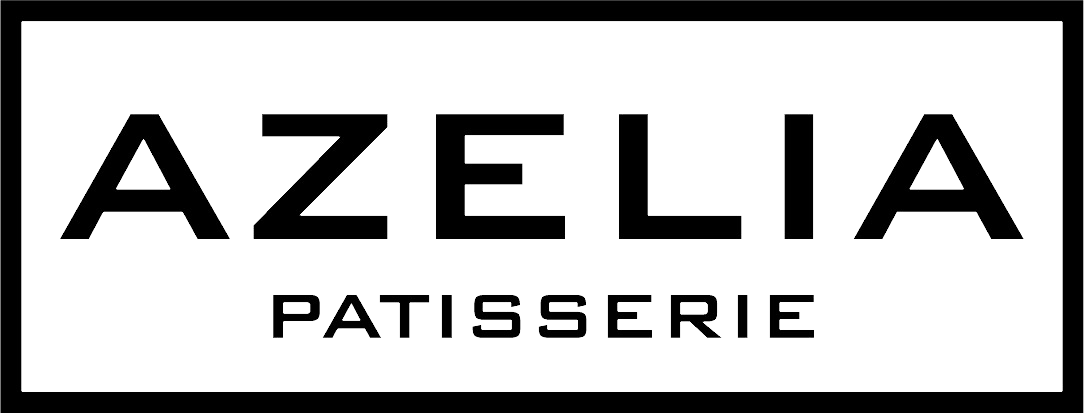
At the contract commencement date of a hosting arrangement, a question arises about whether a company receives a software asset, either under the guidance in IAS 383 or IFRS 164 (i.e. a software lease), or instead solely receives SaaS. You can begin with basic accounting functions and increase features and users as your company grows. Finally, find accounting software that integrates seamlessly with other business software. As your company grows, it might be necessary to integrate multiple types of software to scale the business. Sign up for applications that will work seamlessly with your primary business software. Neat’s built-in document management with unlimited monthly storage makes it an incredibly useful tool for businesses that accumulate a lot of expenses and receipts each month.

In some SaaS arrangements, the SaaS provider may perform implementation services in addition to providing the SaaS. In that case, a customer should assess the implementation services and determine whether they are distinct from the SaaS. The performance obligation guidance in IFRS 155 provides cloud accounting a relevant framework to determine whether implementation services are distinct from the SaaS. Cloud accounting solutions make it simpler for accounting teams to communicate and work together. Since all files and data are stored centrally, team members can work with one another from anywhere.
QuickBooks Online
Basic features such as inventory management features, customer support, expansive tax services and time tracking, are not available through Wave. Zoho Books is the cloud-based accounting component of a larger suite of business solution tools. In addition to accounting software, Zoho offers more than 40 enterprise-level online applications to grow sales, market your business, communicate with teammates, provide customer service and more. Businesses that need an integrated business ecosystem will have a hard time finding a more robust business suite. Cloud accounting is a system that allows multi-user access and safe online or remote server storage. Your users send all your data to cloud providers where the same data is processed and safely stored, and returned.
If so, the organization would generally be required to recognize the leased equipment on its balance sheet as an asset (related to the right to use the equipment) and a liability (related to payments owed). Cloud-based accounting works by using secure web-based software to help streamline business processes. Small business owners and their finance teams can access all key data from their locations, making collaboration and financial reporting easier. Private cloud hosting offers isolated firewalled infrastructure that improves security. In addition, cloud providers offer many security mechanisms and technologies to help build secure applications. User access control is an important security concern, and most cloud providers offer tools to limit granular user access.
Next Up In Business
Consequently, you might not spot issues early enough to stop them from snowballing into bigger, more serious problems. Cloud accounting software can be customized to suit your unique business needs. Cloud computing has become increasingly popular in recent years as companies have looked for efficient and secure ways to store, manage and process their data. The insights and services we provide help to create long-term value for clients, people and society, and to build trust in the capital markets.
- Regardless of the disaster or setback, cloud applications will give your company a sense of resilience against the elements.
- All you need to do to get an accurate report is to ensure you are entering your income and expenses on a regular basis.
- This is one of the key applications that makes cloud technology a top priority of every organization.
- They offer various types of features to manage different tasks, in fact, some cloud products are also built as per the custom client demands.
Deloitte refers to one or more of Deloitte Touche Tohmatsu Limited, a UK private company limited by guarantee (“DTTL”), its network of member firms, and their related entities. DTTL and each of its member firms are legally separate and independent entities. DTTL (also referred to as “Deloitte Global”) does not provide services to clients. In the United States, Deloitte refers to one or more of the US member firms of DTTL, their related entities that operate using the “Deloitte” name in the United States and their respective affiliates. Certain services may not be available to attest clients under the rules and regulations of public accounting. Risks with cloud accounting may include privacy breaches, security threats, and technical issues that can force system downtime.
Take a Look at the Important Details of Cloud Computing in Accounting Below
Cloud technology allows business processes to be streamlined and tailored to company growth. You’ve likely heard it from software providers or those providing advice to small businesses. But what is a “cloud solution,” and is it the right accounting process for your workplace?
- Since all files and data are stored centrally, team members can work with one another from anywhere.
- APAC companies are struggling with wasteful cloud spending, according to a commissioned study conducted by Forrester Consulting.
- Luckily, cloud computing takes all of that maintenance off your plate and leaves it in the hands of trained professionals.
- FinOps practices have emerged as a key way for organisations to keep cloud costs under control in a cost constrained environment.
- Hosting your own data locally on your own servers is not only expensive and time-consuming, but it also takes up precious office space I bet is better served as additional desk space or even backup storage.
Platform as a service (PaaS) is a cloud infrastructure built on IaaS that provides resources to build user-level tools and applications. It provides the underlying infrastructure including compute, network, and storage resources, as well as development tools, database management systems, and middleware. Infrastructure as a service (IaaS) is a foundational cloud service layer that allows organizations to rent IT infrastructure — servers, storage, networks, operating systems — from a cloud provider. IaaS lets users reserve and provision the resources they need out of raw physical server warehouses. In addition, IaaS lets users reserve pre-configured machines for specialized tasks like load balancers, databases, email servers, distributed queues. Today, there are plenty of cloud accounting software systems available in the market.
Certain cloud accounting solution providers offer suites of integrated business apps that share a central database. As with most types of software, the best cloud accounting software programs offer many levels of security. There are four basic areas you should consider when choosing a cloud accounting software solution.
- You can access your centralized email account from any computer if you have your login credentials and an internet connection.
- With cloud-based software, a company does not have to set up individual desktops with software because everyone in the company can access the cloud on their own devices.
- Examples of SaaS are CRM systems, webmail applications, productivity tools like Jira and Confluence, analytics tools, monitoring tools, chat applications, and more.
- Compare features, pricing, and expert reviews for your business software needs – all in one place.
- Many or all of the products featured here are from our partners who compensate us.
- It allows you to access the data in real-time, so that you can make informative decisions quickly.

